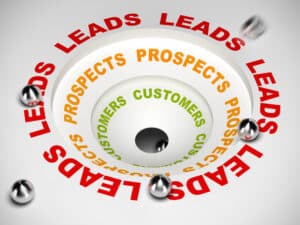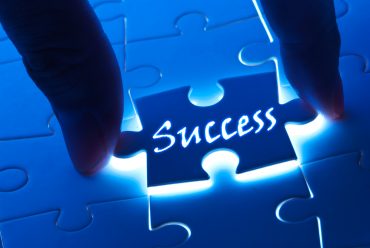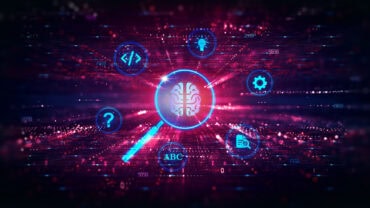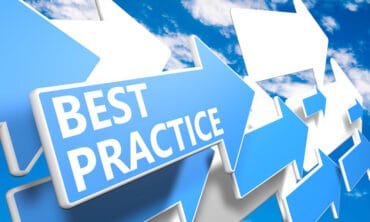
With generative AI, businesses can efficiently analyze and identify high-quality leads, leading to more effective, tailored campaigns.
In Arthur Miller’s stage play, Death of a Salesman, worn-out Willy Loman laments the passing of the classic salesman, “riding on a smile and a shoeshine.” If Willy Loman were around today, he would certainly be lamenting the increasing levels of self-service and automation that are taking on sales roles. One-fifth of current sales-teams functions, in fact, are ripe for automation via generative AI.
That’s the gist of research out of McKinsey, suggesting that AI, especially generative AI, is changing the scope and capabilities of sales, adding high degrees of personalization delivered through both online and in-person channels. Customer experience (CX), growth, and productivity are areas that could benefit from AI-driven processes. For example, in customer experience, “hyper-personalized content and offerings can be based on individual customer behavior, persona, and purchase history,” the report’s co-authors, led by Richelle Deveau, suggest. “Growth can be accelerated by leveraging AI to jumpstart top-line performance, giving sales teams the right analytics and customer insights to capture demand.”
See also: Nearly Every Job Will be Touched by Generative AI
In terms of productivity for tomorrow’s sales teams, “AI can boost sales effectiveness and performance by offloading and automating many mundane sales activities, freeing up capacity to spend more time with customers and prospective customers — while reducing cost to serve.”
McKinsey’s survey on AI-enabled sales and marketing finds that 90% of business leaders expect to utilize gen AI solutions “often” over the next two years. In addition, the research suggests that companies that invest in AI for sales and marketing are seeing a revenue uplift of 3% to 15% and a sales ROI uplift of 10% to 20%.
The top use case seen for generative AI is lead generation, based on real-time customer trends, cited by 60% of executives. A majority, 55%, also look to AI to enable marketing optimization through SEO strategies and A/B testing. Half, 50%, see the potential of AI to boost the provisioning of dynamic content, such as websites and marketing collateral. Similarly, half also look to AI to enable cross-selling and upselling opportunities.
The McKinsey team makes the following recommendations for leveraging generative AI in sales and marketing operations:
- Conduct a generative AI audit of commercial activities: “Evaluate marketing and sales tech infrastructure and skill sets; explore how open-source or low-cost tech players could help you implement gen AI use cases.”
- Identify low-hanging fruit in your customer journey: “Look for simple, high-impact, low-cost, low-risk use cases (such as automating prospecting outreach emails) and put guardrails in place to limit risk.”
- Launch generative AI experiments: “Pilot two or three exciting use cases in a targeted portion of the sales cycle (such as top-of-funnel). Track results and refine for broader implementation.”
- Train your sales team on generative AI basics to fuel experimentation: “Offer workshops on gen AI fundamentals to give the team a better sense of potential applications and the confidence to begin experimenting.”
- Establish generative AI guidelines for your sales team: “Prohibit input of sensitive customer data into gen AI tools and set a high bar for verifying outputs, especially where content will be externally facing.”
Generative AI even surpasses “traditional” embedded AI in a number of areas, Deveau and her co-authors state. “Gen AI surpasses traditional AI-driven lead identification and targeting that uses web scraping and simple prioritization. Gen AI’s advanced algorithms can leverage patterns in customer and market data to segment and target relevant audiences. With these capabilities, businesses can efficiently analyze and identify high-quality leads, leading to more effective, tailored lead-activation campaigns.”




























